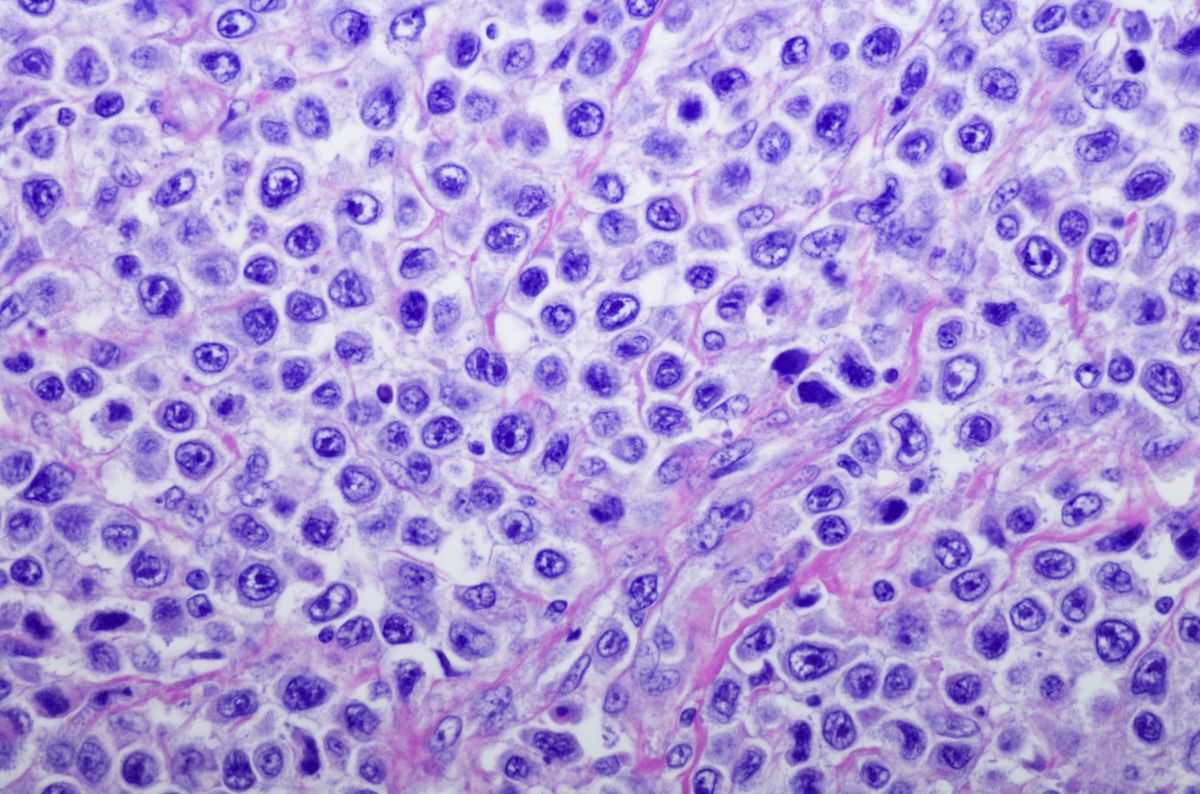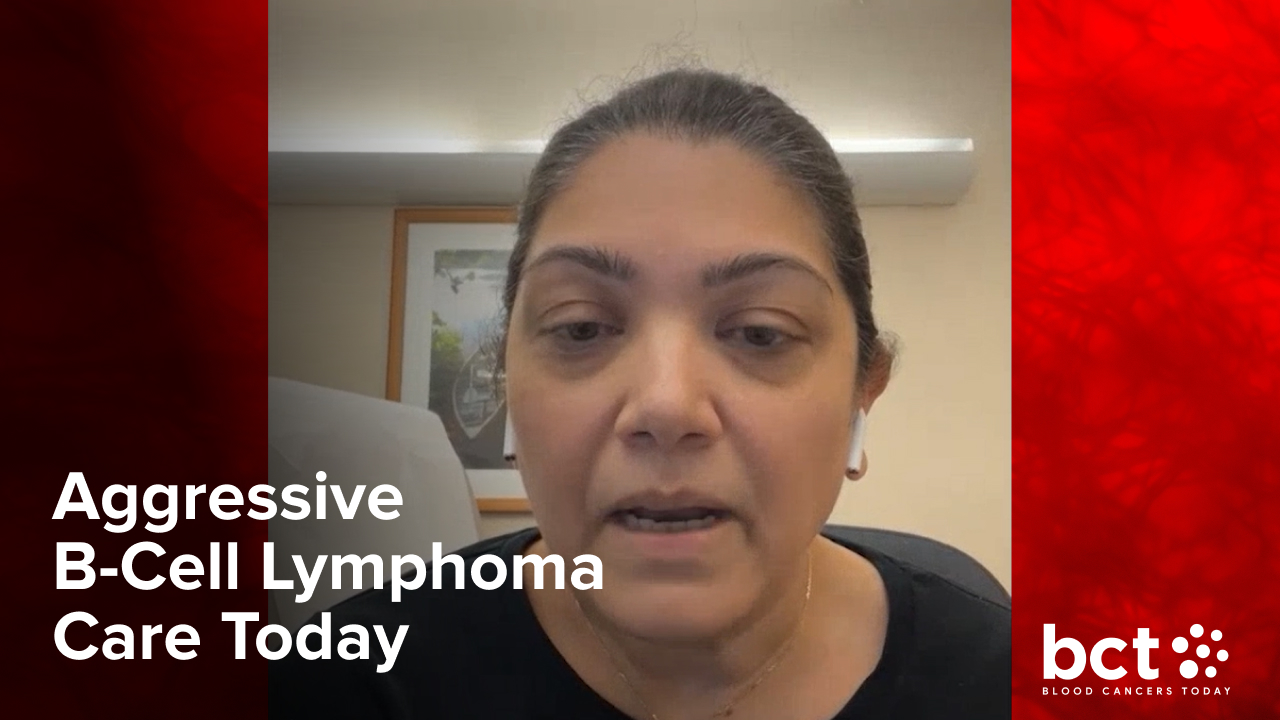Looking Ahead in DLBCL: Treatment Predictions for 2025
By Ruemu Birhiray, MD, Joshua Brody, MD, Tara Graff, DO, MS, Suzanne Fanning, DO - Last Updated: March 10, 2025In this expert diffuse large B-cell lymphoma (DLBCL) roundtable, moderator Ruemu Birhiray, MD, of Hematology Oncology of Indiana, and panelists Joshua Brody, MD, of The Tisch Cancer Institute at Mount Sinai, Tara Graff, DO, MS, of Mission Cancer and Blood, and Suzanne Fanning, DO, of Prisma Health, share which novel agents or combinations they are most interested in.
“We are so lucky in lymphomas generally, especially in B-cell lymphomas, to have not only more FDA- approved medicines than any other cancer—including breast cancer—but a faster rate of developing new therapies that are successful and have a huge impact for our patients,” Dr. Brody said.
He also predicts the emergence of frontline combinations with bispecific antibodies and R-CHOP [rituximab, cyclophosphamide, hydroxydaunorubicin, vincristine, and prednisone]. In the POLARIX trial, Pola-R-CHP [polatuzumab, rituximab, cyclophosphamide, doxorubicin, and prednisone] had a small progression-free survival benefit compared with R-CHOP.
Another ongoing trial is evaluating R-CHOP versus chimeric antigen receptor T-cell therapy (CAR-T) in high-risk patients.
“In the next 3 to 5 years, you’re either going to get a bispecific combination or CAR-T, and our CR [complete response] rates and long-term cure rates are going to be much better than 60%,” Dr. Graff predicted. “We’re embarking on something super cool with using our own immune systems to do it.”






 © 2025 Mashup Media, LLC, a Formedics Property. All Rights Reserved.
© 2025 Mashup Media, LLC, a Formedics Property. All Rights Reserved.